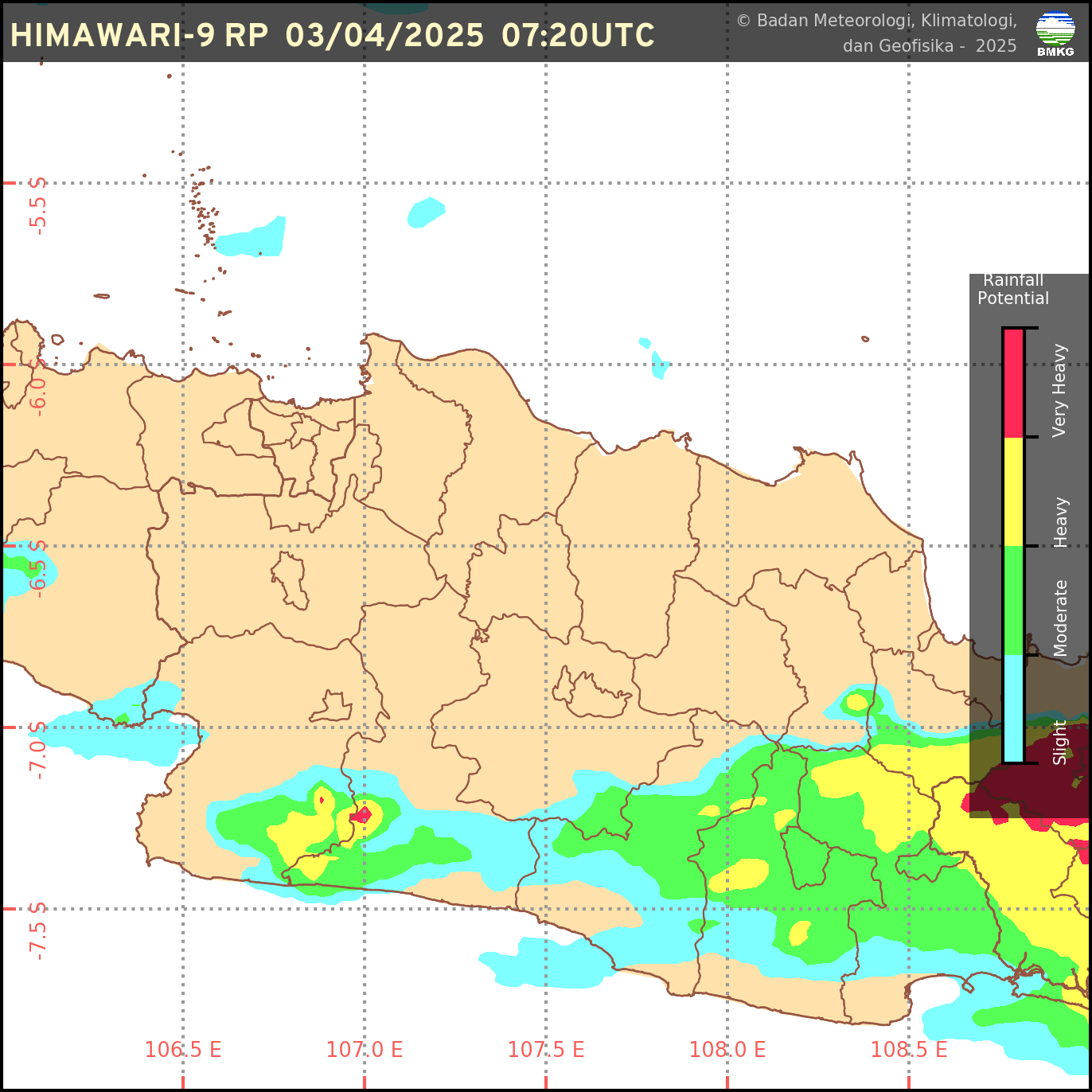Authors: E Antika, S Nurdiati, K Junus, MK Najib.
Abstract: Prediction of Rasch Model’s Student Readiness Scores for Facing E-Learning Using Decision Tree and Ensemble Methods. Objective: This research aims to predict student readiness score in facing e-learning using Rasch models and machine learning. Methods: This research is a quantitative research using a non test instrument ini the form of a questionnaire using a Likert scale. The sample used were IPB University students. Analysis techniques use Rasch model, decision tree, and ensemble. Finding: Item reliability value is 0,93, person reliability value is 0,97, and cronbachalpha is 0,99. The standard deviation value is 2,34 and the average logit of respondents is 1,9. 34% of students have high readiness with a person measure value >2,34. 4% of students have moderate readiness with a score of 1,9 < person measure < 2,34. 62% of students have low readiness with a person measure value < 1,9. The accuracy of the decision tree model reached 75,97%. Conclusion: Based on person measure from the Rasch model, it can be concluded that the majority of respondents (62%) have low ability to carry out e-learning. Male students and those who have experience in dealing with e-learning have a higher percentage of having high ability in dealing with e-learning at the university level. Moreover, machine learning models are able to predict students' abilities in dealing with e-learning based on the measure score from the Rasch model. Furthermore, ensemble models are able to increase the accuracy of decision tree models. We found that the ensemble model with the LogitBoost (adaptive logistic regression) method provides best model in term of its accuracy (82.17%) and execution time.
Kata kunci: decision tree, e-learning, ensemble, machine learning, rasch model
Dipublikasikan pada Jurnal Pendidikan Progresif, vol. 14(1): 504-518.




 Sumber: BMKG
Sumber: BMKG
0 Komentar